NZ Nature Fund is managing funds donated to the major project of making Rakiura Stewart Island Pest Free on behalf of Predator Free Rakiura and the Island Ocean Connection Challenge.
Rakiura, ‘the land of glowing skies’, is Aotearoa New Zealand’s third-largest island. Rakiura lies about 30 km (19 miles) south of the mainland, in icy ocean waters under the glimmering Southern Lights.
More than 85% of the island is preserved in a national park that is renowned for its large swathes of native forest and abundance of unique native species. Tokoeka / brown kiwi outnumber humans on the island and are active day and night, often being found stumbling across walking tracks or through the small town of Oban. Hoiho / yellow-eyed penguins, the world’s rarest penguins, waddle along the windswept beaches.
Rakiura is also a potential future safe haven for a diverse range of distinctive wildlife. For example, the island was once the last bastion for the famous kākāpō, the world’s only flightless parrot. In 1977, scientists thought fewer than 20 kākāpō remained and were delighted to discover a surviving population on Rakiura. This discovery brought new hope of saving the species from the brink of extinction.






































